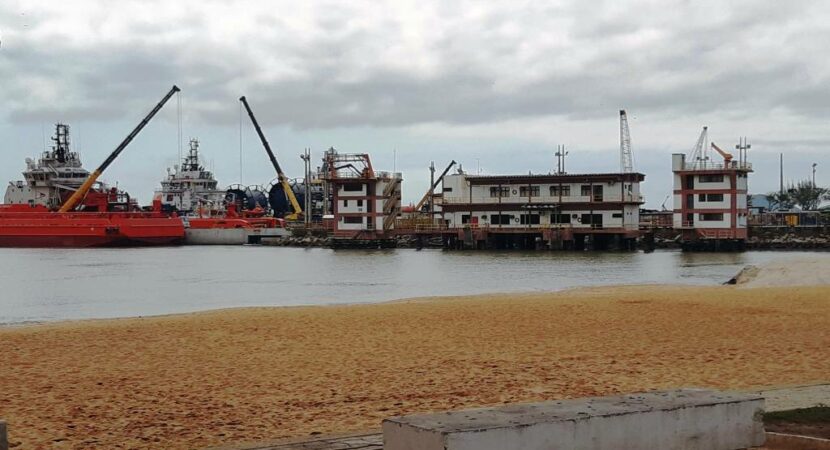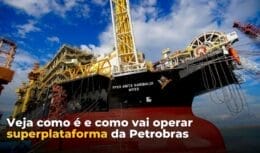
Macaé, which had become the national oil capital, began to shrink and workers in the oil sector are suffering the consequences of the crisis.
In the north of the state of Rio, Macaé, is about to end with the new wave of euphoria about the next oil auctions scheduled for Brazil, with emphasis on the transfer of rights surplus in early November. Although the news of a new wave of wealth coming from the oil industry is attractive, the city is trying to get rid of the reputation it has gained over the last few decades, as the “oil capital”, for those who know how to guarantee a more sustainable future.
With the advancement of exploration and production on the high seas, an extensive chain of suppliers was formed in the region to meet Petrobras' growing demand, bringing Brazilians from all over the country to the city with the hope of employment and income.
Macaé, which had become the national oil capital, started to shrink and workers in the oil sector are suffering the consequences of the crisis
The purpose is to differentiate the base of the economy, but the oil and gas chain should continue to maintain the city for a while. Only the estimated collection of the municipality with oil royalties, in 2019, could exceed 54 million reais, in addition to the resources from the oil and gas industry.
Macaé has the second largest hotel complex in the State of Rio, with around 10 beds. Today, residents show their desire to rebuild their history, betting on tourism.
- Petrobras plans to have its own platforms again
- Petrobras profit rises 37% and reaches R$ 9 billion in the 3rd quarter
Na city there are approximately 3,5 companies with a commercial base (from all sectors) and approximately 100 industries, according to data from the Commercial and Industrial Association of Macaé (Acim). In view of the pre-salt advance, eight new foreign oil companies should arrive in the region.
The large volume of gas associated with extraction in ultra-deep waters is a good opportunity for the city to foster its industrial base, given that Macaé has the largest natural gas processing unit in the country, Petrobras' Cabiúnas Terminal.
Furthermore, the project named Macaé Port Terminal (Tepor) promises to bring employment and development to the local industry. The 6 million square meter complex promises to include an oil storage terminal, with a capacity of 4,5 million barrels; one for fuel storage and a private natural gas processing plant.
Today, 3 employees circulate at the Bellavista industrial complex, which has 29 companies, 3 awaiting installation and 12 more in the schedule for the coming months, including large oil company suppliers such as Petrobras and Shell. The condominium only houses companies linked to the oil and gas chain, it is an example of the positive perspective of the sector.
“After the worst years in Macaé's history, the sector is recovering. For 2020, we project a 30% growth in revenue”, says Leonardo Dias, managing partner of the enterprise.
However, oil workers in the region are concerned about what they call the “unhabitation” of oil platforms, that is, a drastic reduction of employees in assets that were sold by Petrobras.
Uncertainties about the future of Macaé do not reside only among oil workers. From boom to bankruptcy, city residents and workers say they have learned their lesson, and report that they do not want any title: neither oil nor energy capital. They want redemption.










Air Force F-16 fighters…
True friend, what they shot down were…
Air Force F-16 fighters…
I would like to know what planet you live on…
Air Force F-16 fighters…
Well... It's flying scrap... Typical...
They discover the third largest deposit…
That’s why all foreigners and NGOs…
Air Force F-16 fighters…
Which genocide are you talking about? Than…
I am a mining explorer and I am…
If Kardian for R$112.490,00 can't do it...
I have a hilux that is over 30 years old but…
The service, both personally and in the workshop,…
I have the Etios, I'm anxiously waiting for the…
Sure
I already have a Yaris Hatch. Also…
Not allowing Onix to compete with…